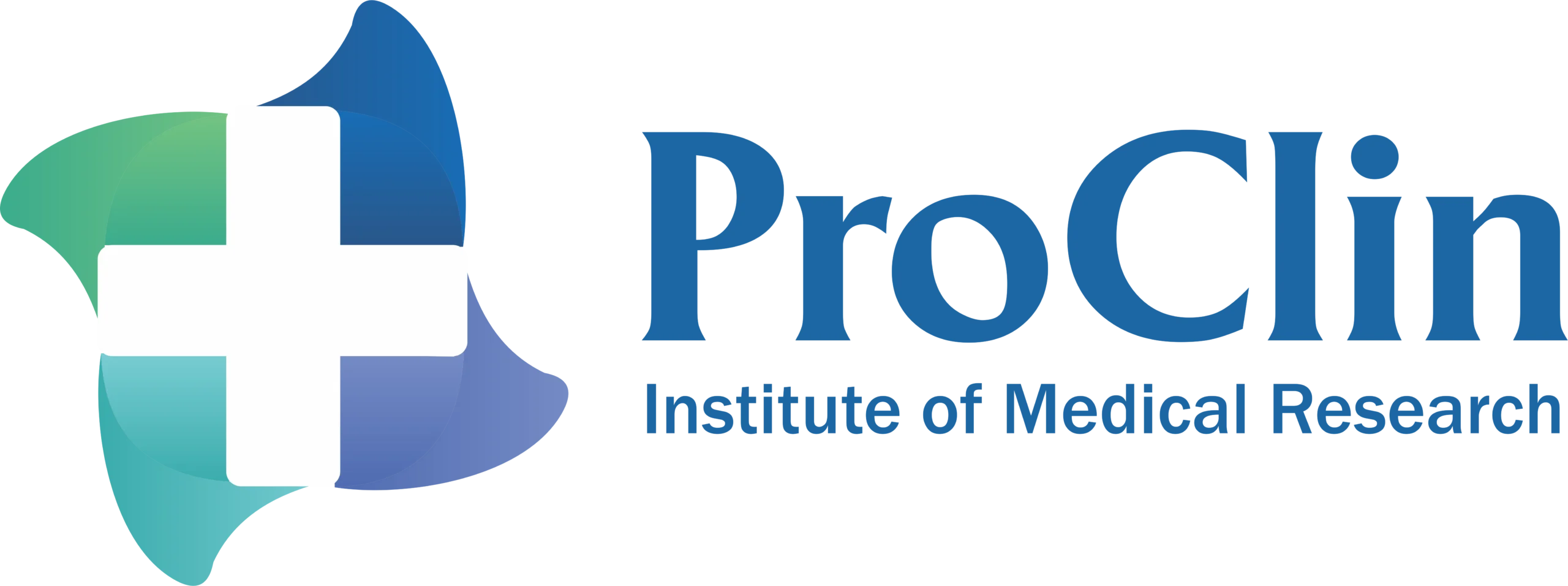
Why Medical Writing is a High-Paying Career in Pharma & Healthcare
Table of content
From drug research papers to thorough science documents, medical writers play a crucial role in developing that is of utmost importance to the pharmaceutical, Medical Device and Nutraceutical sector. With a surge in demand, medical writers highlight themselves as a vital career opportunity for individuals with qualifications and exposure in every life sciences, medical sector, clinical line, pharma sector, Allied science graduates, along with post graduates in the medical line. As per global statistics, the person in the field of medical writing earns around $94k per year, assuming many hidden factors, but it can also vary upon various differentiators, which can ultimately affect the earning potential from this line of course.
This blog particularly talks about medical writing as a self-sufficient, eloquent career along with many other things like factors affecting the earning potential, how to become a medical writer, and much more. Dive deep into this jubilant blog to surf through to understand your interest in medical writing and how ProClin Institute can help you navigate through this journey to turn it into a full-fledged career for yourself.
What is Medical Writing and Who can Become a Medical Writer?
Medical writing has seen a vital surge in the pharmaceutical, Medical Device and Nutraceutical sector. From collecting accurate datasets to turning them into a thorough scientific document has become imperative for drug development. Medical writing is a specialized form of communication that demands a unique combination of scientific knowledge, regulatory understanding, and exceptional writing abilities, making a person a compliant medical writer.
If the process of catering to various datasets, making compliant scientific documentation, and streamlining it all up to meet industry standards to develop drug development is the case, then you’re a perfect fit to turn yourself in as a full-time, high-paying medical writer. From regulatory submissions and clinical study reports to educational materials and marketing content, medical writers play an indispensable role in the development, approval, and promotion of medical products and services.
10 Key Skills to Become a Successful Medical Writer
To turn yourself into a successful medical writer, you need to have these following 10 skill sets, which will lead your course into the field of medical writing.
- Strong research skills- You should be keen to research stuff, which means that you need to dig deep and find the right information for whatever you’re writing about.
- Excellent writing abilities- Now that you’ve researched, you should be good in your communication skills to ensure you have rightly worded each and everything about the topic, concept, or whatever you were writing about.
- Attention to detail- As a writer, you’re considered highly reliable to fetch important details, right statistics, grammar, and whatnot. So, you must ensure that you’ve thoroughly gone through whatever material you’re producing to ensure its accuracy.
- Ability to communicate complex medical information- Your written material is going to be available to everyone, those who understand the language of medicine and those who don’t. So, you need to balance out your writing piece in a way that it is easily comprehended by anyone who reads it.
- Understanding of medical terminology- It’s equally important for you as a writer to understand the keen medical terminology, as there might be times that your target audience are some renowned medical professionals.
- Proficiency in scientific writing- It’s an added advantage for a medical writer to have thorough knowledge and exposure of writing whitepapers and research papers such that it can come handy and must be easily understood by the target audience.
- Time management skills- Time is of the essence, and it stands true for medical writers. You must ensure that you follow strict timelines to ensure the efficacy of the written piece such that it goes straight to your target audience without wasting much time.
- Ability to work independently- As a medical writer, you should be self-reliant such that you can rely on your skill set and talent and can move ahead with your writing as and when required.
- Knowledge of regulatory requirements for medical writing- You must be well-versed with the regulatory compliance such that you abide by the kind of rules and regulations medical writing has.
- Familiarity with different writing styles and formats- You as a medical writer, can’t be monotonous. It’s important that you are well-equipped with versatile writing styles to whip up the piece and make it more interesting and readable for your target audience.
Types of Medical Writing Jobs in the Pharmaceutical Industry
There are numerous medical writing jobs available in the pharmaceutical industry, but these top 3 stand out in the ranking.
1. Regulatory Writers
As a regulatory writer, you must adhere to these mentioned pointers:
- Play a crucial role in compiling documents for regulatory bodies.
- Ensure accurate presentation of all necessary information for drug/device approvals.
- Focus on creating IND applications and New Drug Applications (NDAs).
- Work directly impacts the approval process for new treatments and therapies.
2. Clinical Research Writers
As a clinical research writer, you must adhere to these mentioned pointers:
- Produce documents related to clinical trials.
- Create protocols, informed consent forms, and study reports.
- Collaborate with researchers and healthcare professionals.
- Communicate complex scientific information clearly and effectively.
- Help advance medical knowledge by documenting clinical study outcomes.
3. Publication Writers
As a publication writer, you must adhere to these mentioned pointers:
- Assist in disseminating research findings.
- Prepare manuscripts for publication in scientific journals.
- Translate intricate data into readable content adhering to journal guidelines.
- Contribute to sharing groundbreaking research with the broader scientific community.
How ProClin Institute Prepares Future Medical Writers
It is important for you to understand the vital role played by an institute and how ProClin Institute can shape your career as a high earning aspiring medical writer. ProClin brings these following things to the table:
Industry-Aligned Curriculum
ProClin Institute's programs are carefully developed after consultation with pharmaceutical companies, and medical communications firms to ensure training directly addresses current industry needs. ProClin Institute’s vast curriculum covers everything from regulatory writing to publication development, marketing compliance, and emerging areas like real-world evidence documentation.
Practical Experience
Through case studies, simulations, and internship placements, ProClin Institute provides students with hands-on experience in developing various types of medical documentation. This practical training significantly reduces the learning curve when entering the profession and allows graduates to command higher starting compensation.
Mentorship Programs
ProClin Institute connects students with experienced medical writing professionals who provide guidance, review work, and share insights about industry expectations and career navigation. This mentorship accelerates professional development and helps new writers avoid common pitfalls.
Networking Opportunities
Through industry partnerships, ProClin Institute facilitates connections between students and potential employers, helping graduates secure positions that match their skills and career objectives. Their extensive network spans pharmaceutical companies, contract research organizations, medical communications agencies, and regulatory consultancies.
Conclusion
Medical writing stands out as one of the most lucrative careers in the pharmaceutical, Medical Device and Nutraceutical industry for professionals with scientific backgrounds. The unique combination of specialized knowledge, high-stakes responsibility, business impact and relatively limited talent pool creates optimal conditions for exceptional compensation. As healthcare continues to advance with new treatments, expanding regulatory requirements, and a growing emphasis on evidence-based practice, the demand for skilled medical writers will only increase.
For people who have an intriguing interest in science and are looking forward to boosting their earning potential and their impact on healthcare, medical writing deserves very thorough consideration as a career choice. With the right educational foundation, targeted skills development, and strategic career planning carefully supported by comprehensive training from institutions like ProClin Institute, medical writers can enjoy exceptional professional and financial success in the constantly evolving world of healthcare and pharmaceuticals.
